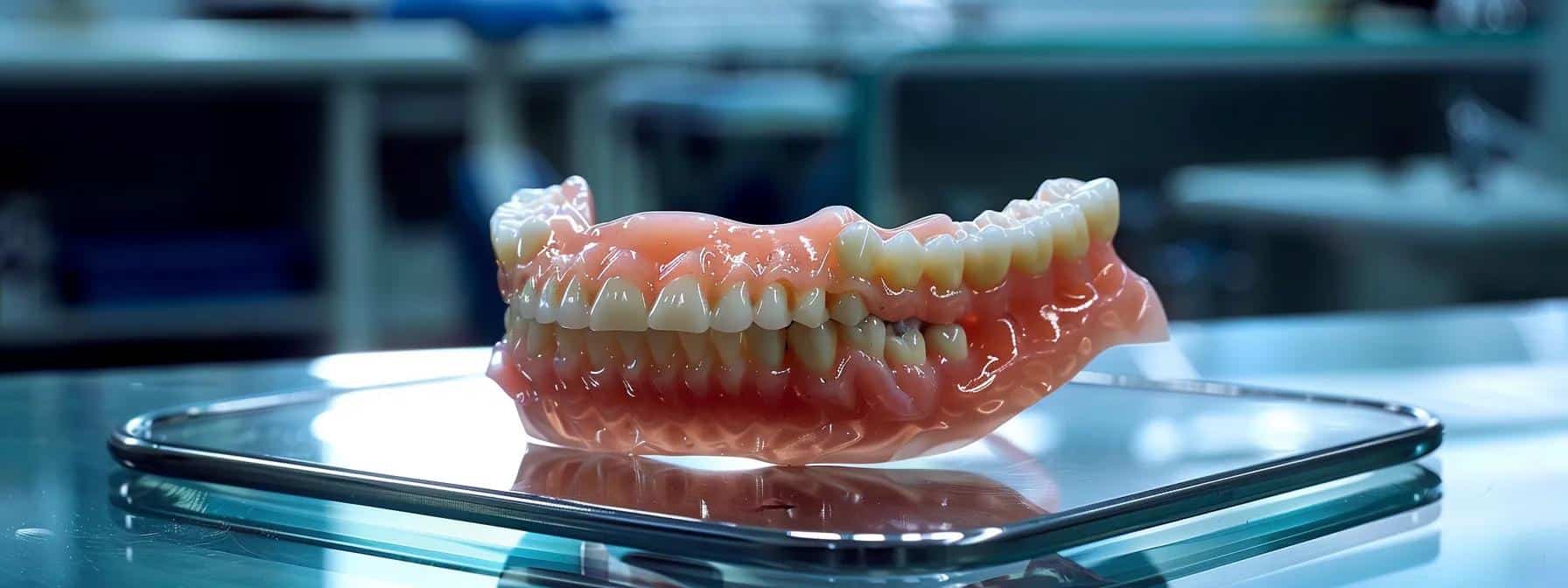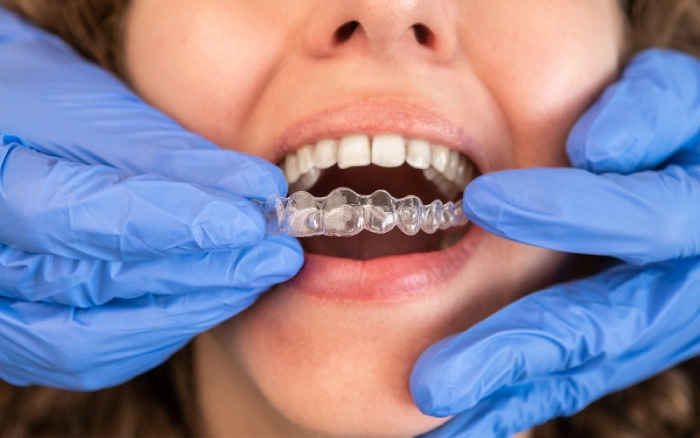How to Maintain Your Dentures for Maximum Comfort and Durability
Dentures serve as a practical solution for individuals who have lost their natural teeth. These removable prosthetic devices can restore both function and appearance, allowing users to eat, speak, and smile with confidence. Proper maintenance of dentures directly impacts their longevity, comfort, and overall effectiveness.
Understanding Dentures
Dentures are custom-made prosthetic devices designed to replace missing teeth and surrounding tissues. They consist of artificial teeth attached to a gum-colored base. Modern dentures utilize various materials designed for durability and aesthetics. The base typically consists of acrylic resin, while the artificial teeth may be made from porcelain or composite materials. Materials affect both the appearance and maintenance requirements of the dentures.
Knowing What to Expect
The transition to wearing dentures involves an adjustment period that varies among individuals. Understanding this process helps set realistic expectations and promotes successful adaptation. New denture wearers typically experience a period of adaptation. During this time, the mouth adjusts to the presence of the prosthetic device, and minor discomfort or speech changes may occur.
Speaking with new dentures may require practice and patience. Certain sounds may initially prove challenging, particularly those involving tongue placement against the teeth. Learning to eat with dentures can involve a gradual progression from soft foods to more challenging textures. Starting with small bites and chewing slowly on both sides of the mouth may help maintain balance and prevent displacement.
Maintaining Them for Comfort and Durability
Proper maintenance practices directly influence the comfort, function, and lifespan of dentures. A systematic approach to care involves daily cleaning, proper storage, and regular professional evaluation. Brush daily with a soft-bristled denture brush and mild soap or denture cleanser. Clean all surfaces including the tissue side that contacts the gums, as bacteria can accumulate in these areas.
Overnight Care
Soak dentures overnight in a denture cleanser solution or plain water. This prevents the acrylic material from drying out and becoming brittle. Remove dentures during sleep when possible to allow gum tissues to rest and recover. This practice reduces the risk of irritation and promotes oral health.
Oral Hygiene for Denture Wearers
Clean your mouth thoroughly before reinserting dentures. Use a soft-bristled toothbrush to clean the gums, tongue, and roof of the mouth. Rinse with mouthwash to reduce bacteria and maintain fresh breath. Massage gums gently with a clean finger or soft cloth to promote circulation and maintain tissue health.
Professional Maintenance
Schedule regular checkups with your dental professional to assess fit, function, and overall oral health. Professional cleaning removes stubborn deposits and stains that home care may not eliminate. Adjustments and repairs should only be performed by qualified dental professionals to maintain proper fit and function. Monitor for changes that may indicate the need for professional evaluation:
- Persistent sore spots or irritation
- Changes in fit or stability
- Difficulty eating or speaking
- Visible damage, such as cracks or chips
- Persistent bad breath or taste
Confer With Your Dentist
Successful denture maintenance requires a partnership between the patient and a dental professional. Your dental professional can provide personalized guidance based on your specific denture type, oral anatomy, and individual needs. By following these maintenance guidelines and maintaining regular professional care, denture wearers can enjoy improved comfort, enhanced durability, and better overall oral health.





